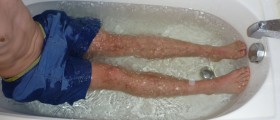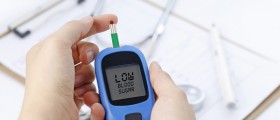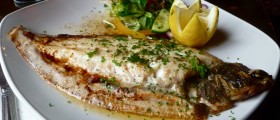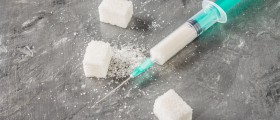Loading...
Loading...
Loading...
Loading...
Loading...
Loading...
Loading...
Something similar happens in a "back freeze." When cold food or drink reaches the bottom of your throat, it causes a contraction in your subclavian artery. On the right side of your throat, this artery extends just a little above your clavicle, your collarbone. Cold substances at the base of your throat can cause the subclavian artery to shrink near your spine with a similar effect. However, because there is less blood flow in your subclavian artery that there is in your carotid arteries, it takes longer to get over your "back freeze."
Loading...
Shoulder pain while eating cold or ice may be caused by a condition called "cold-induced shoulder pain" or "cold-stimulus headache." This condition is characterized by a sudden and sharp pain in the shoulder that occurs when cold food or beverages come into contact with the roof of the mouth or the back of the throat.
The exact cause of this type of pain is not fully understood, but it is believed to be related to the sensitivity of certain nerves in the mouth and throat to cold temperatures. When exposed to cold stimuli, these nerves may become irritated, leading to referred pain in the shoulder area.
To treat shoulder pain while eating cold or ice, you can try the following:
-
Avoid cold or icy foods: The most effective way to prevent the pain is to avoid consuming cold or icy foods and beverages. Opt for warmer or room temperature alternatives.
-
Slow down your eating: Eating slowly and taking smaller bites can help minimize the contact of cold foods with the sensitive areas in your mouth and throat.
-
Warm compress: Applying a warm compress to your shoulder before and after eating can help relax the muscles and reduce pain.
-
Over-the-counter pain relievers: Nonsteroidal anti-inflammatory drugs (NSAIDs), such as ibuprofen or naproxen, can provide temporary relief from shoulder pain.
Loading...

















